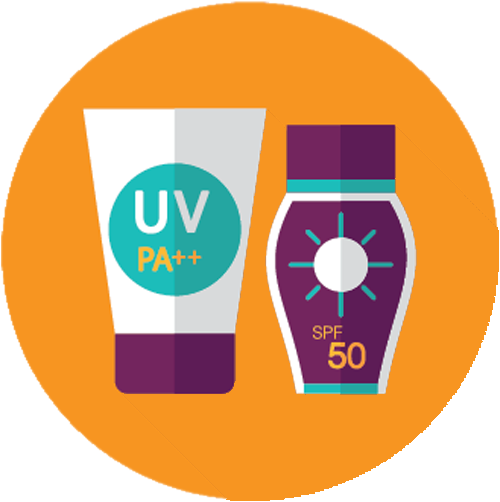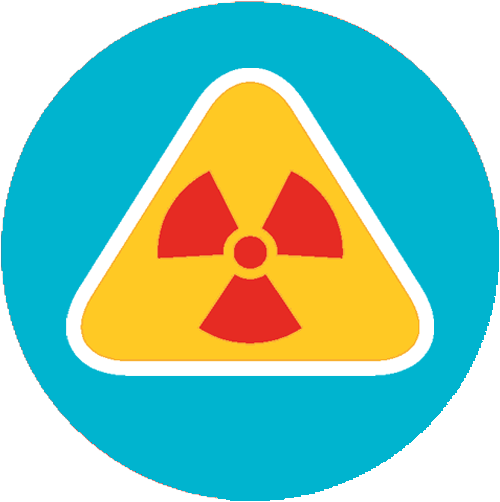There is no single exact cause of cancer. Like many diseases, cancer occurrence is due to a combination of different reasons. Here are some known causes of cancer.

1. Your Genetic Makeup
If a particular type of cancer is common in your family, you may have been born with genetic mutations that put you at a higher risk of developing certain cancers. Some cancers, like breast and colorectal cancer, tend to be hereditary. However, having an inherited genetic mutation doesn't mean that you will definitely get cancer later in life; approximately 5 to 10 per cent of all cancers are directly caused by inherited genetic mutations.
What can you do?
If you have a strong family history of cancer, discuss it with your doctor. Genetic testing might be useful to check if you have inherited genetic mutations that might increase your cancer risk. However, these tests are not recommended for everyone. Seek your doctor's advice.

2. Smoking
Tobacco smoke contains at least 69 carcinogens (cancer-causing agents). Smoking increases your risk of getting certain cancers such as lung and oral cancer, as well as cancers of the stomach, kidney and bladder. Any form of tobacco smoking is harmful to your health. Studies show that smoking just one to four cigarettes a day can lead to health problems.
Second-hand smoke is just as damaging to health. When a cigarette is lit, about 90 per cent of its smoke is released into the air and becomes second-hand smoke. Even if you don't smoke, breathing in another person's smoke can increase your risk of lung cancer.
What can you do?
Quit smoking. If quitting immediately sounds daunting, consider cutting down on the number of cigarettes you smoke daily. Cigarette smoke not only harms you but also increases the risk of lung cancer for your loved ones. Get professional help to quit or rope in your family and friends to support you.

3. Sun and UV Exposure
Although people associate a tanned complexion with good health, frequent direct exposure to ultraviolet (UV) radiation – either by being out in the sun or from artificial sources like a tanning bed – can damage your skin and increase your risk of getting skin cancer.
A sunburn is your skin's response to excessive UV exposure. If you are fair-skinned, you are at a higher risk of skin cancer than someone with a darker skin tone. This is because fair skin has less melanin, a pigment that protects the skin from UV rays.
Singapore has one of the world's highest UV exposure rates. On days with little cloud cover, it is common for UV radiation in Singapore to reach very high to extreme levels between 11.00am and 3.00pm.
What can you do?
Prevent sunburns and avoid excessive sun exposure. Stay in the shade if possible. When out and about under the sun, use sunscreen with a sun protection factor (SPF) of at least 15 on exposed parts of your body. Wear a wide-brimmed hat and sunglasses that provide UV protection. If you're exposed to artificial sources of UV radiation at work, always follow the safety regulations.

4. Radiation Exposure
Every day, we are exposed to both natural and man-made forms of radiation. Radiation can also come from medical imaging procedures used for X-rays and CT scans. Excessive exposure to radiation can potentially cause cells in the body to undergo changes. This may increase your likelihood of developing cancer.
Sometimes, an X-ray or CT scan is needed to help your doctor diagnose your medical condition. Radiation exposure from different sources can accumulate over time, but a one-off test is unlikely to increase your risk of cancer.
What can you do?
During these imaging tests, you can protect yourself from unnecessary radiation exposure by following safety measures such as using a lead apron. Share your concerns with your doctor.

5. Previous Cancer Treatments
Advances in cancer treatments like chemotherapy and radiotherapy have helped many people with cancer live longer. But they may also possibly increase your risk of another cancer in the future.
However, this is rare and should not affect your decision to seek appropriate treatment. It is important to first treat the cancer you have. For some cancers, radiotherapy and chemotherapy may be the best treatment option.
What can you do?
Share your concerns with your doctor. If you have completed cancer treatment, follow-up care and rehabilitation is important.
